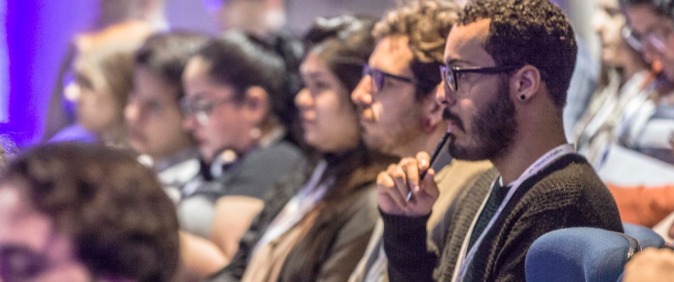- About
- Topics
- Picks
- Audio
- Story
- In-Depth
- Opinion
- News
- Donate
- Signup for our newsletterOur Editors' Best Picks.Send
Read, Debate: Engage.
| topic: | Discrimination |
|---|---|
| located: | Brazil, Colombia |
| editor: | Bob Koigi |
In 2014, the United Nations General Assembly proclaimed the International Decade for People of African Descent from 2015 to 2024, recognising the need to promote the respect, protection, and fulfilment of the rights of people of African descent worldwide.
Research has consistently highlighted the pervasive discrimination and marginalisation experienced by individuals of African descent in various aspects of life, including education, employment, healthcare, and criminal justice systems.
People of African descent are disproportionately affected by police brutality, racial profiling, and unequal access to justice. There are long-lasting impacts of slavery, colonialism, and segregation on individuals and communities of African descent, resulting in intergenerational trauma and socio-economic disparities.
By advocating for the full implementation of international human rights standards, such as the Universal Declaration of Human Rights and the International Convention on the Elimination of All Forms of Racial Discrimination, the Decade sought to combat racial discrimination and promote equal opportunities.
During the Decade, initiatives like the Most Influential People of African Descent (MIPAD) were introduced as a collective responsibility to advance the rights and respect of people of African descent.
Founded to honour outstanding individuals of African descent who are making significant contributions across various fields, MIPAD has, over the years, highlighted excellence, fostered mentorship and inspired future generations.
Through a network of honorees across various sectors, MIPAD cultivates a sense of belonging and achievement among people of African descent.
Giving back to the community and uplifting others is a core value many MIPAD honorees share. Philanthropists like Oprah Winfrey and Mo Ibrahim have dedicated their resources and influence to address pressing social issues, from education and healthcare to poverty alleviation and gender equality, leaving a lasting legacy of impact and compassion.
The organisation, now in its seventh year, has identified gaps in law and policy that violate the rights of people of African descent.
Minority Rights Group International (MRG) is another organisation that has stood at the forefront of advocating for the rights of marginalised communities worldwide, including Afro-descendants.
MRG collaborates with international organisations, governments, and civil society groups to address systemic issues affecting Afro-descendants globally. Through partnerships with entities such as the United Nations, the African Union, and regional human rights bodies, MRG advocates for policies and frameworks that safeguard the rights of Afro-descendants.
In Colombia, MRG has partnered with Afro-Colombian organisations to challenge the disproportionate impact of large-scale development projects on Afro-descendant communities' land rights. Through legal advocacy and community mobilisation, MRG has supported efforts to secure collective land titles and protect ancestral territories.
In Brazil, MRG works with quilombola communities to address land tenure insecurity and racial discrimination. A quilombola is an Afro-Brazilian resident of settlements established by escaped enslaved people in Brazil.
By providing legal assistance and advocacy support, MRG has contributed to landmark court rulings that recognise quilombola land rights and hold those responsible for environmental degradation and human rights abuses accountable.
In the United States, the organisation has supported grassroots initiatives advocating for police reform and racial justice following high-profile cases of police violence against African Americans.
By building on the momentum generated during the Decade, the international community can work towards a world where diversity is celebrated. The rights of all people, regardless of their descent, are fully respected and protected through enacting laws that criminalise discrimination due to race and creating policies that promote equal opportunities for all.
Image by Pixabay.

